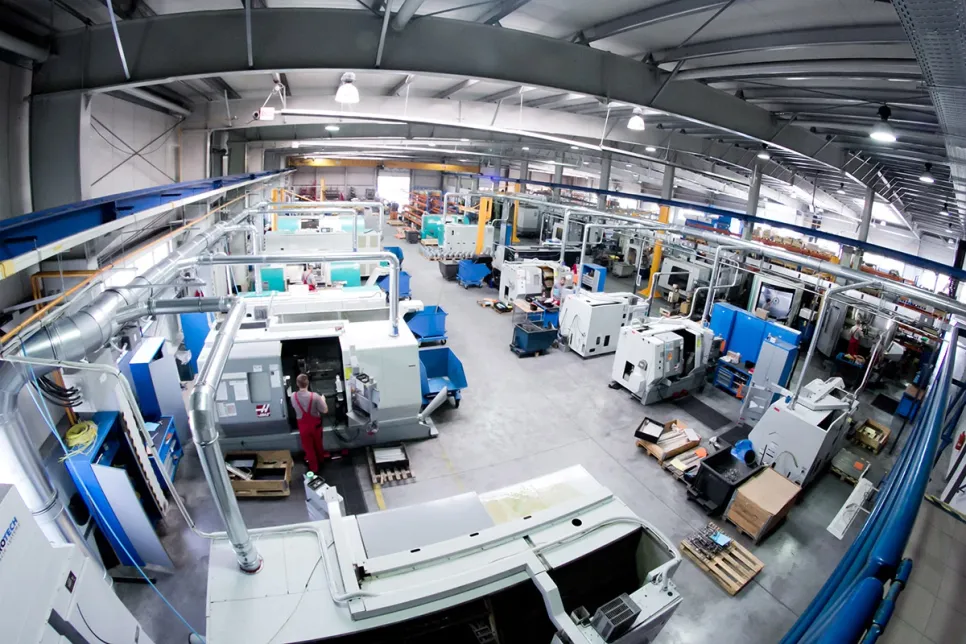AML Adoption to Hit 3.8 Million Businesses by 2030
A new study from Juniper Research found that the number of businesses deploying Anti-money Laundering (AML) systems will surge to more than 3.8 million worldwide by 2030.

The constraints created by the COVID-19 pandemic are forcing manufacturers, suppliers and distributors across the world to revisit their global supply chain strategies and accelerate the adoption of digital technologies, according to GlobalData. Companies are leveraging digital technologies in the supply chain to create new disruptive product offerings, services and business models.
"Increasing labor shortages, forced closure of factories, disruptions in delivery routes and logistics hubs due to lockdowns, along with evolving customer behavior are the major factors driving companies to deploy digital technologies. Technologies that will have the maximum impact include AI, Big Data, Blockchain, Digital Twins and Robotics," said Manish Dixit, Principal Disruptive Tech Analyst at GlobalData.
Leveraging AI, companies can optimise supply and demand gap, automate decision making, channel warehouse requisites, identify target consumers, and bring greater visibility on order- to- delivery supply time. The automated supply chain solution allows companies to fully manage their supply chain with streamlined planning, visibility, and improvisation. Blockchain provides an open, tamper-proof, distributed record of transactions and, in turn, increases the accuracy and efficiency of supply chain systems. Digital twins allow the digital representation of a company's actual supply chain, which can be leveraged to streamline and manage the supply chains and business strategies. Robots in supply chains play a vital role in a broad range of applications beyond the basic transfer of objects.
"The repercussions of COVID-19 have once again highlighted the need for more resilient supply chains in a highly globalized economy. Companies are incorporating technology enabled scalable and adaptable solutions in supply chain management to maximize customer value while improving competitive advantage to stay relevant in these uncertain times," concluded Dixit.